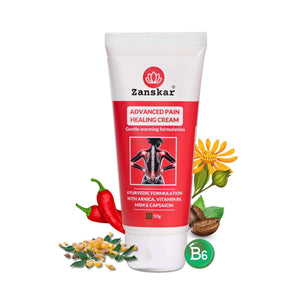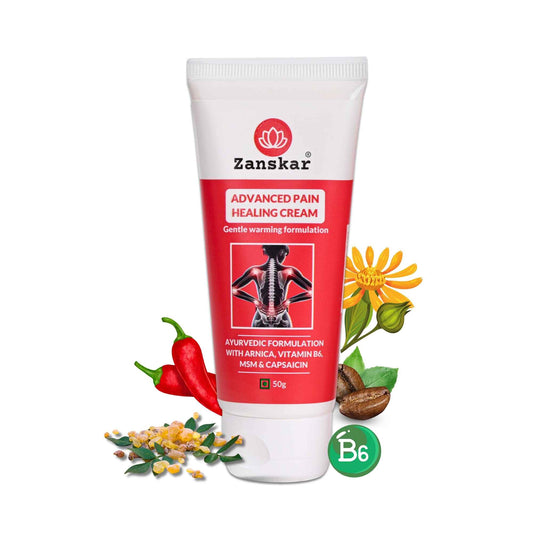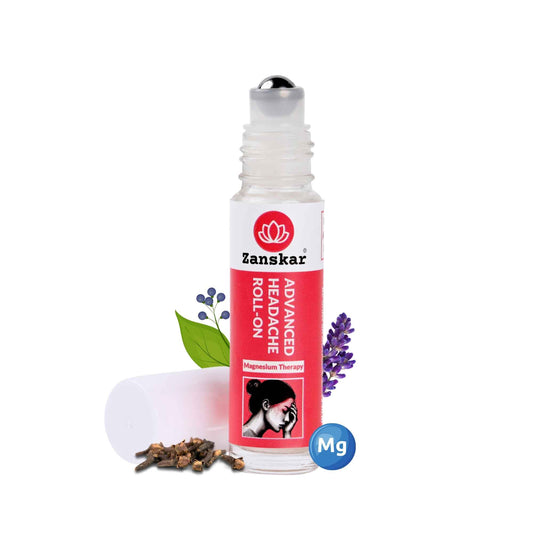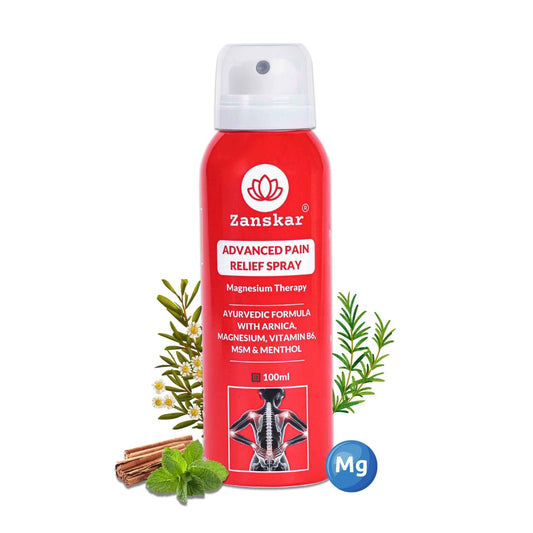
According to the Dietary Reference Intake report for macronutrients, a sedentary adult should consume 0.8 - 1 grams of protein per kilogram of body weight. That means that the average sedentary man should eat about 64 grams of protein per day, and the average woman should eat about 50 grams.
Dietary proteins provide amino acids as building blocks for growth, repair and maintenance of proteins in the body. The body does not have a mechanism for storing amino acids or protein, unlike carbohydrates which can be stored as glycogen and fats that can be stored as triacylglycerides.
When we have sufficient protein and an adequate supply of energy in our diet, the excess amino acids that are not used for growth or repair are either converted to glucose in the liver or are used to provide energy. Without enough supply of dietary energy from carbohydrates and fats, the body preferentially uses amino acids for energy production at the expense of growth, maintenance and repair. This means that it is particularly important as we get older to provide enough energy in the diet from carbohydrates and fats so that dietary protein can be used for repair and maintenance.
Correlation with your Musculoskeletal Disorders
Dietary protein is a key nutrient for muscle and bone health. Adequate dietary protein during childhood and adolescent years is essential in order to accumulate an adequate bone and muscle mass during growth. For muscles to grow, they need both protein and exercise, and the same is true also for bone. Dietary protein can also help slow down the rate of bone and muscle loss that occurs as we get older. Low and high protein diets can affect bone metabolism in different ways.
Skeletal muscle represents a pool of protein that can be called upon as a source of energy when food is scarce or when the body is stressed such as after injury. A lack of protein in the diet will lead to poor muscle strength which can increase the risk of falling, especially in the elderly and contributes to poor recovery in patients who have had fractures. Low protein diets are also associated with decreased intestinal calcium absorption and an increase in the levels of the key bone regulatory hormone parathyroid hormone.
High protein diets can increase calcium absorption and lead to an increased excretion of calcium in urine. High protein diets are also linked to increased production of an important bone growth factor – insulin-like growth factor 1. High protein diets are associated with an increased bone mineral content, a decrease in the risk of fractures, and improved fracture repair and recovery after injury.
Muscle and bone have evolved to use specialised proteins for their main functions. In muscle, the most important and abundant functional proteins are actin and myosin that make up the bulk of the muscle tissue protein. There are many other proteins such as troponin that are also needed for muscles to function, which we’ll look at in more detail in the next step. In bones, the most important and abundant functional protein is the fibrous collagen into which the calcium phosphate mineral is embedded.
The Indian diet
Almost 80% of our Indian population don’t meet their daily protein requirements and 90% of the Indian population aren’t aware of their daily protein requirements. 9 out of 10 people don’t meet their daily protein requirements. Indian diet is more carbohydrate dense than protein dense. Coupled with lower average physical activity per person vs other nations, Indians become more prone to musculoskeletal disorders and much earlier in life than people of other nationalities.
However, with active tracking of dietary intake of protein, you can take a step forward towards building muscle mass.
Our Zanskar Health experts list here 7 foods with their protein content to help you meet your daily protein requirements:
1. 100g of meat gives approx. 20 to 24g Protein
2. 100g of Paneer is approx. 24g protein
3. 3 Whole Eggs will give approx. 18g Proteins
4. 100g Soya Chunk 52g Protein
5. 30g Pistachios give you approx. 7g proteins
6. 1 bowl cooked arhar dal gives you approx. 10g of protein
7. 1 Glass of Cow’s milk gives approx. 10g of protein
**Bonus tip: Use protein powder in case your diet falls short in providing you the required amount of protein.
So the Question you should ask yourself is : Are you getting enough protein in your diet?
Learn More About Zanskar Health
If you have joint or muscle pain that makes it hard to move, Zanskar offers the most advanced full stack pain relief solutions for you.
Now available to purchase, Zanskar® Advanced Pain Healing Cream has a unique formulation of natural ingredients like Arnica, Vitamin B6, MSM and Capsaicin, which is trusted by over 20L+ pain sufferers globally. It provides lasting relief from muscle and joint discomfort that you can feel good about. Get your fix before stocks run out - buy now.
You can also gain access to therapeutic exercises and stretches for your condition by downloading the Zanskar Health physiotherapy mobile app. Additionally, you’ll have a personal care team to guide, support, and tailor our program to you, including behavioral and nutritional coaching.
Download our mobile app here 👉 download and track your exercise streak.
Medical Review: This article is written by Dr Nishtha Mittal (Senior Health Content Editor at Zanskar Health) and has been medically reviewed by Dr Rashi Goel (Senior Physiotherapist at Zanskar Health). This article and its contents are provided for educational and informational purposes only and do not constitute medical advice or professional services specific to you or your medical condition.








